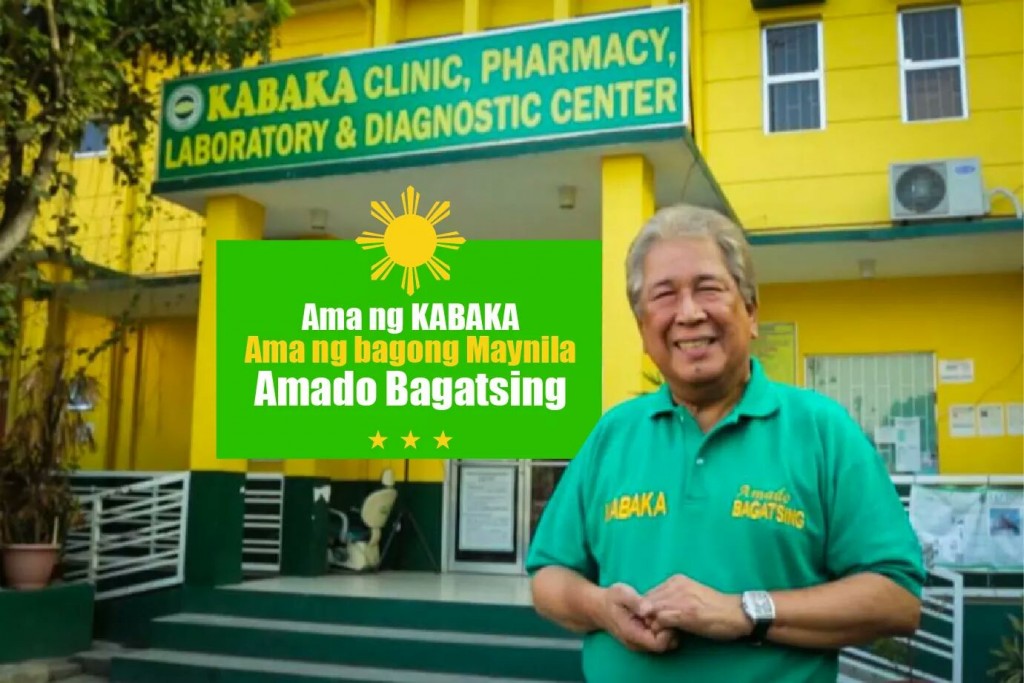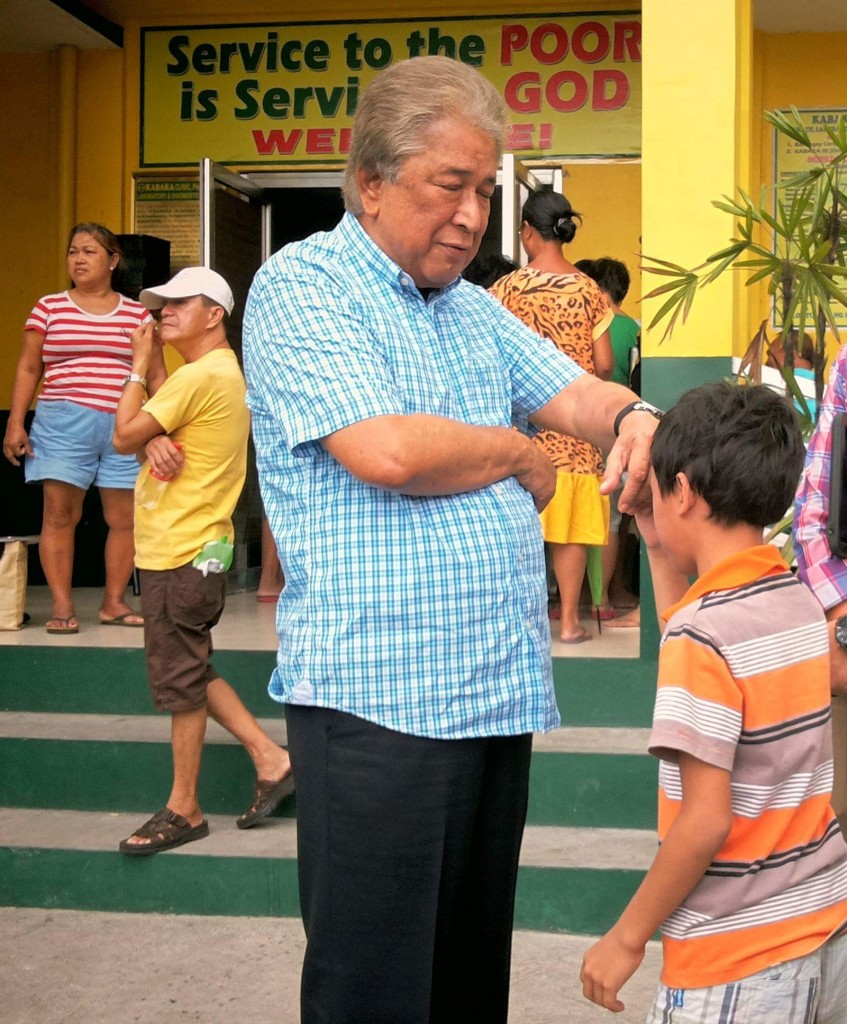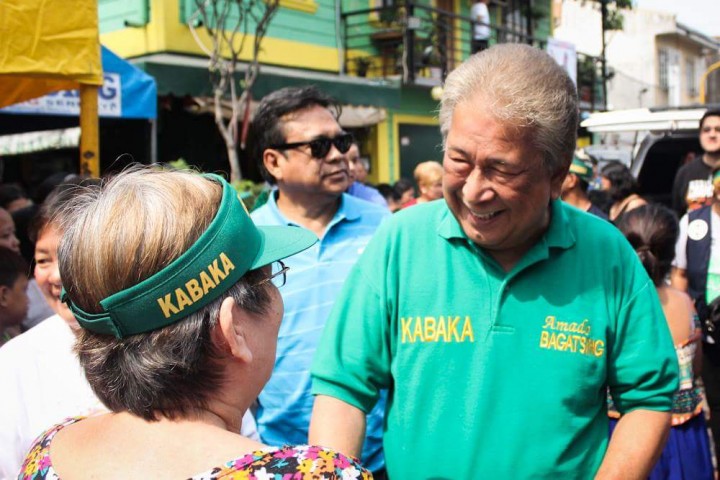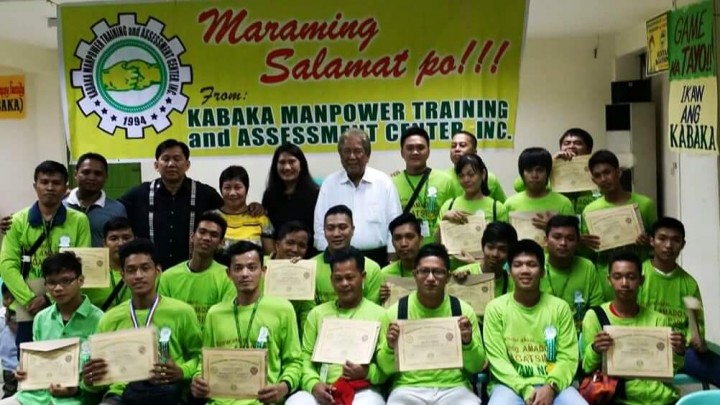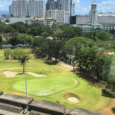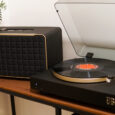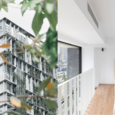There has been a quiet but steady movement in the inner Pandacan streets of Manila that has been operating for the last 30 years without fanfare. The areas in old Manila are considered by some to be populated by the most impoverished in the Philippines, namely the area of Baseco/Tondo. Because of this, the access to healthcare and education is scarce, a problem that Amado Bagatsing has foreseen.
He believes that the access to healthcare is paramount to ensuring a productive community and therefore, put up the NGO of KABAKA (KABALIKAT NG BAYAN SA KAUNLARAN), which now has a free clinic that operates in three branches. As of last December 3, 2015, KABAKA has turned 30 years old (30 years of giving service) and instead of doing a general assembly of the directors, Mr. Bagatsing said, “We instead decided to donated the money to the clinic to ensure service and upgrade of machines.” This then resulted in the doubling of the 2D echo, and ultrasound machines and now a new xray machine also. This compliments with the already free healthcare that is provided, so long as the patient is a KABAKA card holder, who can consult with general practitioners that are present.
Mr. Bagatsing has a vision that, “Manila is trying to gain leadership in healthcare because of the clinics and services that are now being made available for free by KABAKA.” And to bring home the point, as of 13 months ago, there are now 3 KABAKA clinics throughout Manila: the main clinic in Pandacan, then we put up a satellite clinic in Sampaloc and in Tondo which have serviced around 65,000 people for free.
Mr. Bagatsing continues: “KABAKA’s emphasis has always been on the family and the need for the family to be productive to work, from womb to tomb. We want to replicate this model throughout Manila to ensure the grassroots are given access to healthcare when they need it.”
Healthcare is not the only thing that KABAKA provides. They also have sports programs for both the youth and the community to participate in. Mr. Bagatsing says: “We have a sports program, which has held annual sporting events for the last 21 years. We believe that the point of the sports program is to help the youth expend their energy that may otherwise be used for the wrong things like drugs, or thieving. The ideal would be to set up a league of sports for the public and parochial schools in Manila so they can compete head to head with the NCAA and UAAP. There was a PBA junior league wherein KABAKA youth participated and actually bested and were champions of the NCR division. If these children are given a platform and guidance, all children will be able to perform, public school or private.”
This extends to the scholarship programs and courses that are offered in the main Pandacan office of KABAKA. There are several courses that are TESDA approved and partnered at any given time in the premises, such as welding, or even bartending and housekeeping that is available for any KABAKA member. They also have short certified courses to things such as mobile phone repair for those who don’t necessarily have the time but would like to add something onto their resume. Their scholarship programs are for high school and college levels, and all the details of who is eligible are on their Facebook page, and their official website at www.kabakaph.com
The whole objective of KABAKA is to try and give everyone a level playing field, in all critical areas of community development. With a healthy, organized and educated community members, the community thrives, at least this is what Mr. Bagatsing believes. It makes sense that if someone in the family is sick, the others need to make sacrifices to supplement what is lacking. Most times, what is lacking is education or access to it. These leads to hobbies that are unproductive, and some that are destructive to the community. Mr. Bagatsing has seen where these problems can be stemmed. By first addressing the lack of suitable healthcare available to his constituents, and putting up the KABAKA clinic in Pandacan first, then as aforementioned, recently opening the other two branches, the focus is now on replicating this idea to the rest of Manila.
Apart from this, there are plans to revive an artist avenue in the Baywalk, the revival of Escolta, with the help of urban planners who will do pocket projects throughout the city, one street at a time. “We will do baby steps, so we do it slowly but do it right,” Mr. Bagatsing says. From what we can presently see with KABAKA and how far it has come, there is no doubt that the change to Manila will be coming very soon.

